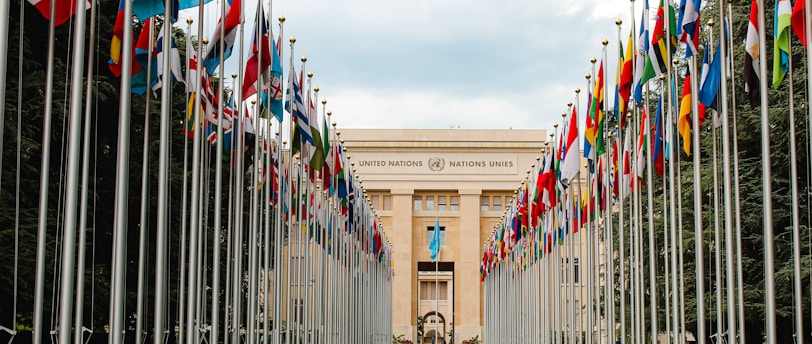UNESCO's Revolutionary Initiative
Assisting 50+ Nations in Crafting Ethical AI Policy


It is an undeniable fact that Artificial Intelligence (AI) is no longer a component of a distant future – it's here and now, and UNESCO is taking proactive steps to ensure its ethical implementation. In a groundbreaking move, the organization is aiding over 50 countries in developing sound AI policies.
In a detailed assessment designed by UNESCO and a group of high-level AI experts worldwide, they launched the Readiness Assessment Methodology (RAM) in 2022. This ingenious tool measures the appropriateness of national laws and policies to direct AI advancements positively while evaluating the technical skills of public servants and institutions.
A Customizable Roadmap to AI Policy Development
RAM allows a comprehensive review of a country's legal, social, cultural, scientific, educational, technical, and infrastructural AI capabilities. Additionally, it determines whether a country's AI systems adhere to UNESCO's outlined values, principles, and policy areas.
Conducted by national experts, hired by UNESCO, with a deep understanding of the national context, RAM is a profound mechanism for exploring the AI landscape. The final result is an exhaustive report, enabling experts and policymakers to identify the institutional and regulatory shifts necessary for capitalizing on AI technologies, while also safeguarding against potential downsides.
The proposed changes may necessitate substantial capacity-building endeavors. However, UNESCO remains dedicated to backing countries, particularly through the "AI Experts without Borders" network, which was launched in June 2023. This network aims to support countries in policy development, utilizing international benchmarks as a guide.
Diverse Countries on the Path to Ethical AI Implementation
The exciting venture of implementing RAM this year sees the participation of 50 countries from across the globe, including but not limited to, India, Mexico, Brazil, South Africa, and Chile.
The initiative's main objective is to align each country's unique societal preferences, risk thresholds, and innovation landscapes with a coherent and ethical AI policy. It provides an international perspective, while also taking into account the specificities of each nation.
Global Collaborations Fueling Ethical AI
The RAM project, which enjoys the backing of the European Commission, the Japanese Development Cooperation, the Patrick McGovern Foundation, and the Development Bank in Latin America, also intends to open channels of dialogue and best practice sharing globally.
Country-specific reports based on the RAM diagnostic assessment will be published on UNESCO's upcoming AI Ethical Observatory. This online portal, launched in collaboration with the Alan Turing Institute (UK), will serve as a transparent source for the latest data and analysis on ethical AI development and usage around the world.
The upcoming Global Forum on the Ethics of Artificial Intelligence, scheduled for early 2024 in Slovenia, will further utilize the insights drawn from the RAM assessments. A report synthesizing the lessons learnt in preparing the RAM will be published soon.
UNESCO’s initiative marks a significant stride towards a global understanding of AI and its implications. With a myriad of countries joining the program, it’s clear that the AI future will be built with a diverse set of perspectives, underpinned by the universal ethics of humanity.


